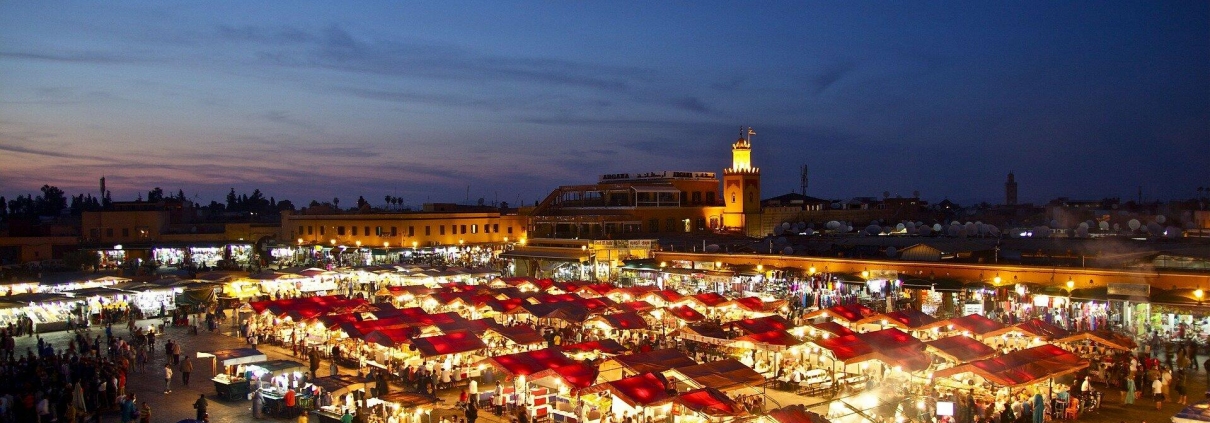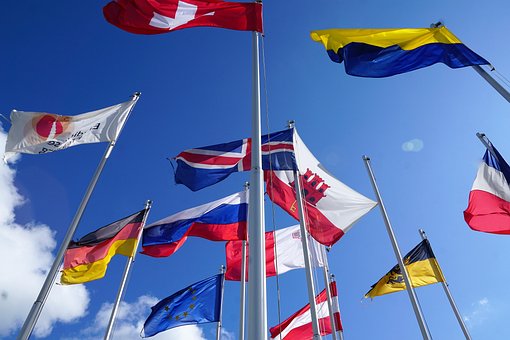Tax residence in Moroccan Law
First, note that tax residence (fiscal address) is a very important notion. Indeed, it allows to determine where and what income is taxable. Indeed, a person pays taxes on their income in their place of residence. Obviously, some exceptions may be provided for in tax treaties (e.g. real estate income).
It is a common belief that the 183-days criterion is sufficient to determine tax residence. THIS IS NOT TRUE. The inner workings of tax residence are a bit more elaborate.
This article aims to explain the concept of tax residence under the provisions of:
- Firstly, Moroccan Law
- Secondly, tax treaty between Morocco and France
- Thirdly, tax treaty between Morocco and Belgium
This article only focuses on the income of natural persons. The regulation governing legal persons are different and will be covered in other articles.
Upsilon Consulting is a Chartered Accountant Firm. Know more
Importance of tax residence in Moroccan Tax regulation
In this first paragraph, we will analyze the importance of this notion. Then, in the following paragraph, we will present the rules for determining tax residence.
But first, we should review the tax rules that apply to the income of natural persons.
In Morocco, the taxation of income is subject to two major rules:
- The residence of the recipient of the income
- The origin of the income
Meeting one of these conditions is reason enough for income taxation. As such, the following rules apply, unless otherwise provided for in a tax treaty :
- A Moroccan resident is taxed in Morocco on their income, regardless of its origin (worldwide sources of income). This will be referred to, in the rest of this article, as unlimited tax obligation;
- A non-resident is taxed in Morocco on their income of Moroccan origin. This will be referred to, in the rest of this article, as limited tax obligation;
Tax residence in Moroccan Law
In this second paragraph, we will discuss residence rules under the provisions of the Moroccan law. The tax administration defines, in the circular N° 717, the following three key concepts:
- First, principal domicile
- Second, center of economic interest
- Third, length of stay
1- The notion of principal domicile
According to the aforementioned circular, “the domicile is the place where the taxpayer usually and permanently resides. The permanence of the dwelling, which is an essential condition, implies that the lodging, equipped for this purpose, is reserved by the taxpayer for their own use or that of their family on a continuous and not on an occasional basis (business trips, training courses, vacations or any other short stays). The lodging is defined as any form of dwelling available to the taxpayer as owner, tenant, occupant, etc.”
Moreover:
For a principal residence to be in Morocco, a foreigner must have a single principal domicile in Morocco. Therefore, the existence of a single domicile is sufficient for taxation to be applied according to the rules of tax residence in Morocco.
In practice, several criteria are retained such as:
- Main mail reception address (postal address)
- The frequency of use of a potential second lodging (consumption of water and electricity can be used as proof)
- Place of schooling of minor children under guardianship, if any.
In conclusion, the notion of domicile is predominant and takes precedence over other criteria which only come into play when it is impossible to establish a main domicile.
2- Center of Economic Interest
First of all, what is a center of economic interest ?
A center of economic interest is where the taxpayer’s activity (or activities) is (are) carried out. This is a criterion of a professional nature. Authorities only use this criterion when they fail to determine tax residence through the first criterion.
The main activity is the one to which the taxpayer devotes the most time or, failing that, the one that provides them with more than half of their worldwide income.
This can be:
- The place where headquarters are located
- Or, the place where main investments were made (real estate, establishments, industrial or commercial property, …)
In fact, one of the above situations is sufficient for tax residence to be in Morocco.
In conclusion, taxpayers with several principal domiciles in different countries, are residents in the country where they have their center of economic interests.
If the two previous criteria are not sufficient to determine tax residence, the administration resorts to the third criterion.
Length of stay in Morocco
Any person who has stayed in Morocco for more than 183 days, has their tax residence in Morocco. This rule applies whether the stay is continuous or not.
The stay’s duration starts from the first day of the person’s entry into Morocco.
Continuous or discontinuous stay
To assess a stay’s duration, two situations may arise:
- continuous stay: in this case, waiting for 183 days to pass is sufficient;
- discontinuous stay: in this case, one must wait for 365 days from the first date of entry. Then, add up the length of different stays.
Two calendar years may overlap due to the 365-day period. In this case, the length of stay is determined according to the provisions of articles 23 and 27 of the C.G.I.
As a general rule, a stay meets the length rule:
- when the taxpayer has resided in Morocco for a period exceeding 183 days
- over any 365-day period that overlaps two calendar years.
Note: Where tax treaties exist and one of the above conditions conflicts with the treaty, the treaty takes precedence.
READ ALSO: Establish a company in Morocco
Tax residence: Treaty law
In this section, we will analyze the cases of the treaties Morocco has signed with France and Belgium.
The following table allows a comparison between the two treaties regarding residence.
Comparative Table
Provisions of the France – Morocco Treaty |
Provisions of the Belgium – Morocco Treaty |
| Article 2 of the treaty between the Kingdom of Morocco and the French Republic states that :
“A natural person is domiciled for the purposes of this Treaty at the place where he has his “permanent lodging place”. If such person has a permanent lodging in both States, they shall be deemed to be domiciled in whichever of the Contracting States they have the center of their professional activities. Failing that, where they stay the longest” |
Article 4 of the treaty between the Kingdom of Morocco and Belgium states that:
“For the purposes of this Convention, the term “resident of a Contracting State” means any person who, under the laws of that State, is liable to tax therein by reason of the person’s domicile, residence, place of management or any other criterion of a similar nature… This article adds that:This person resides in the State where they have a permanent lodging. Otherwise, a series of successive criteria apply:
|
A specific request ? Contact us
In conclusion, note that:
- First, the length of stay is not the only determining factor in obtaining residency in Morocco;
- Second, the primary home or place of residence is an even more critical factor;
- Third, when a person obtains residency for tax purposes, he or she becomes subject to taxation in Morocco on their worldwide income.
Need tax advice ? Book a meeting.
READ MORE





